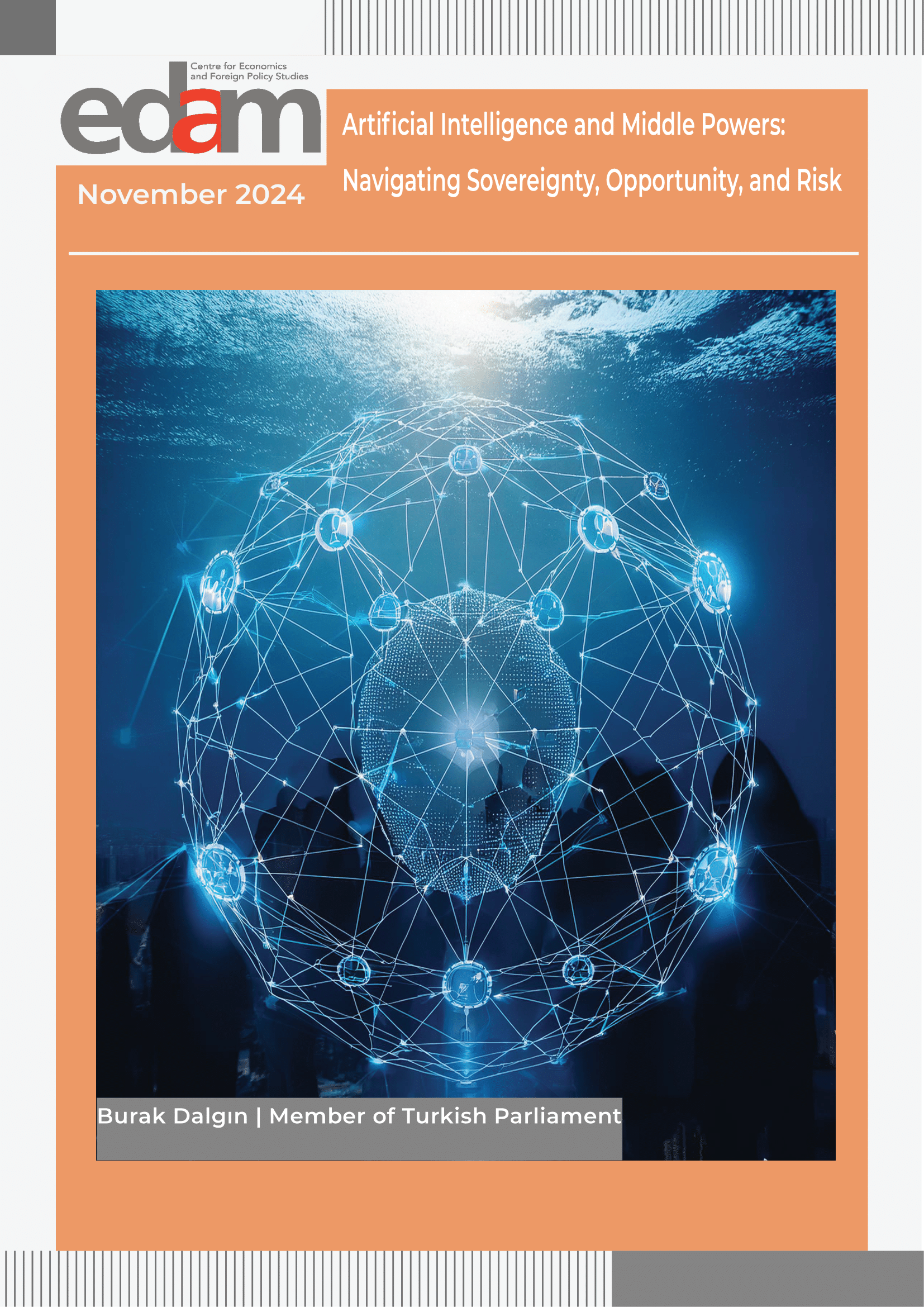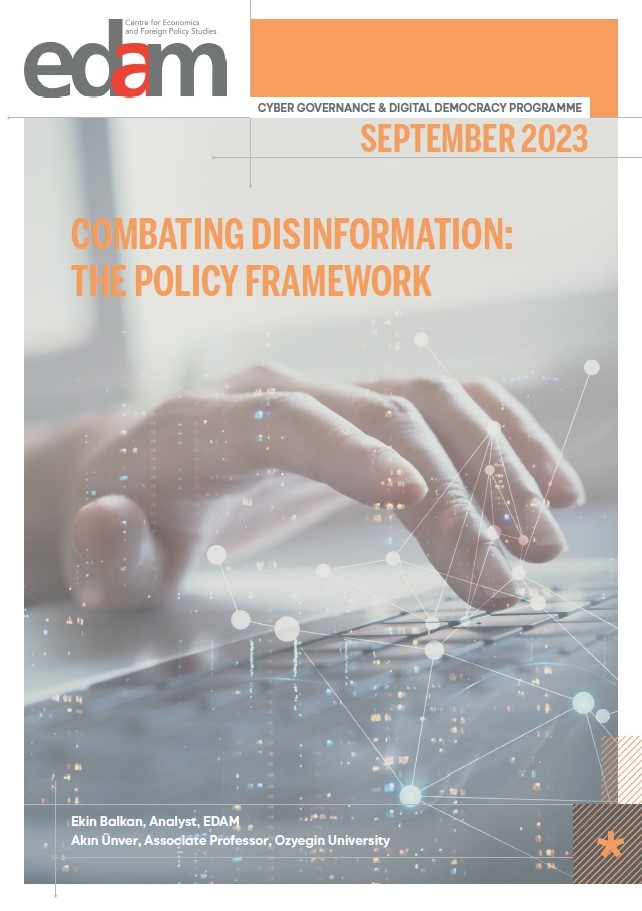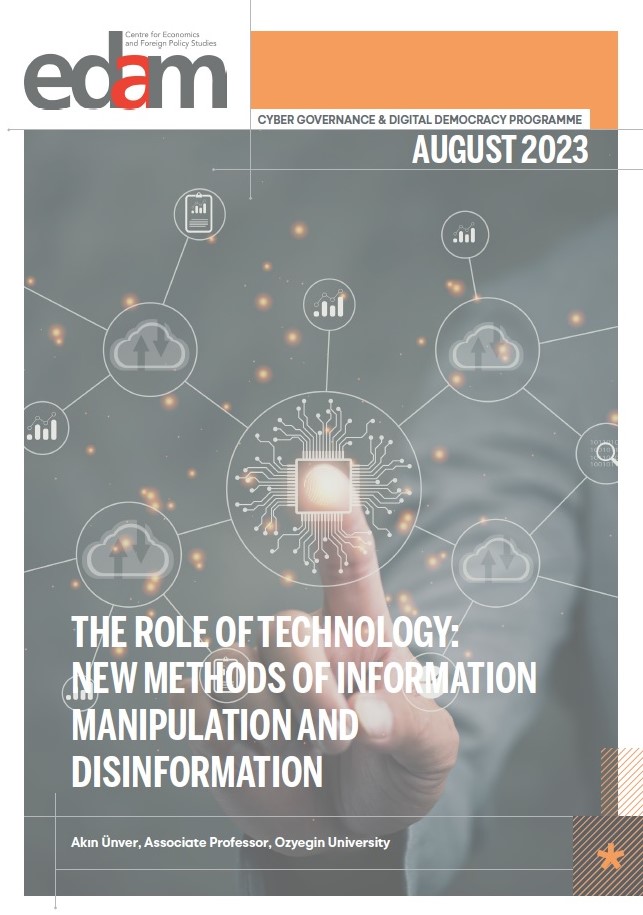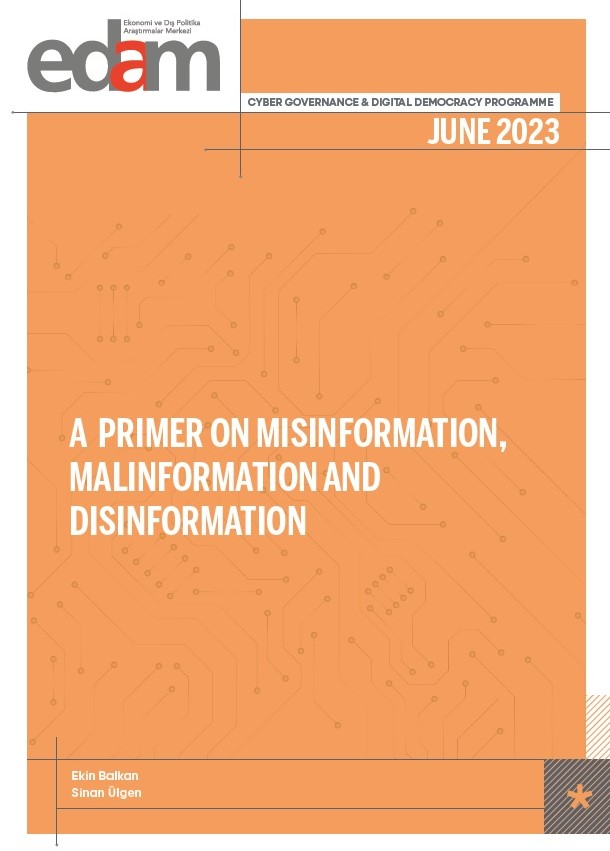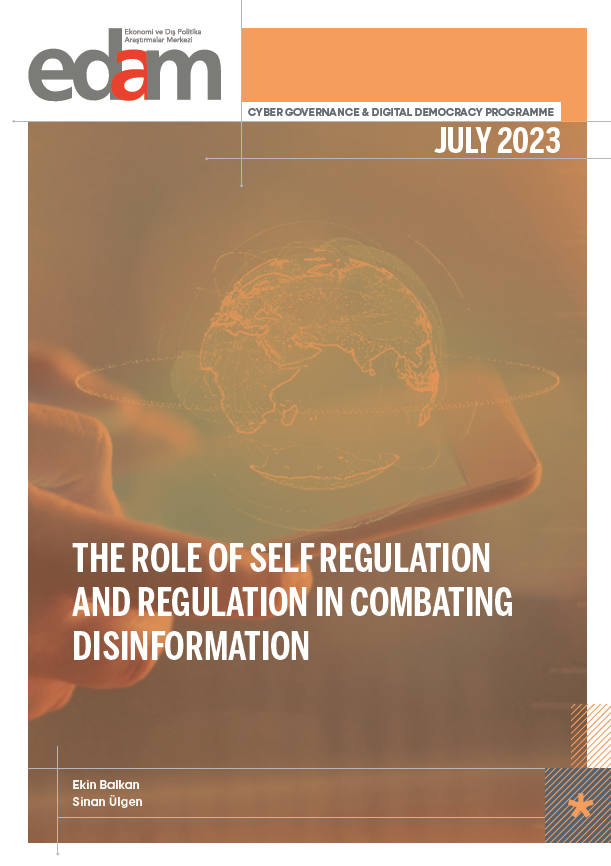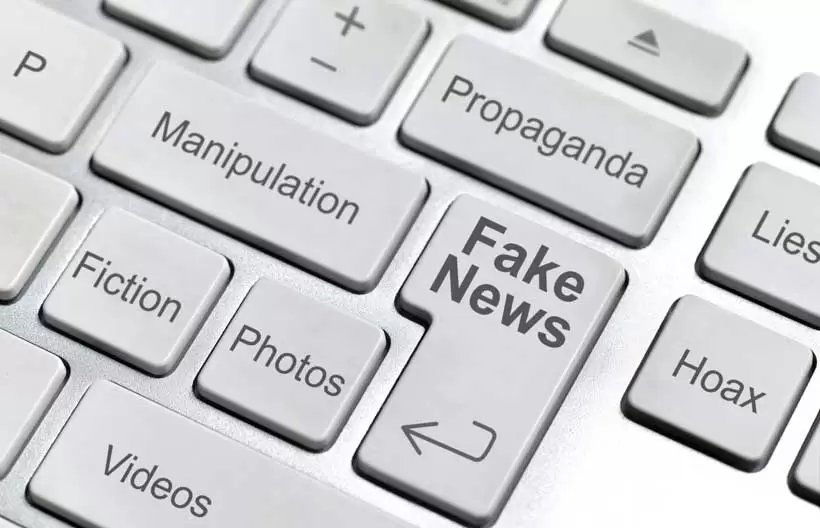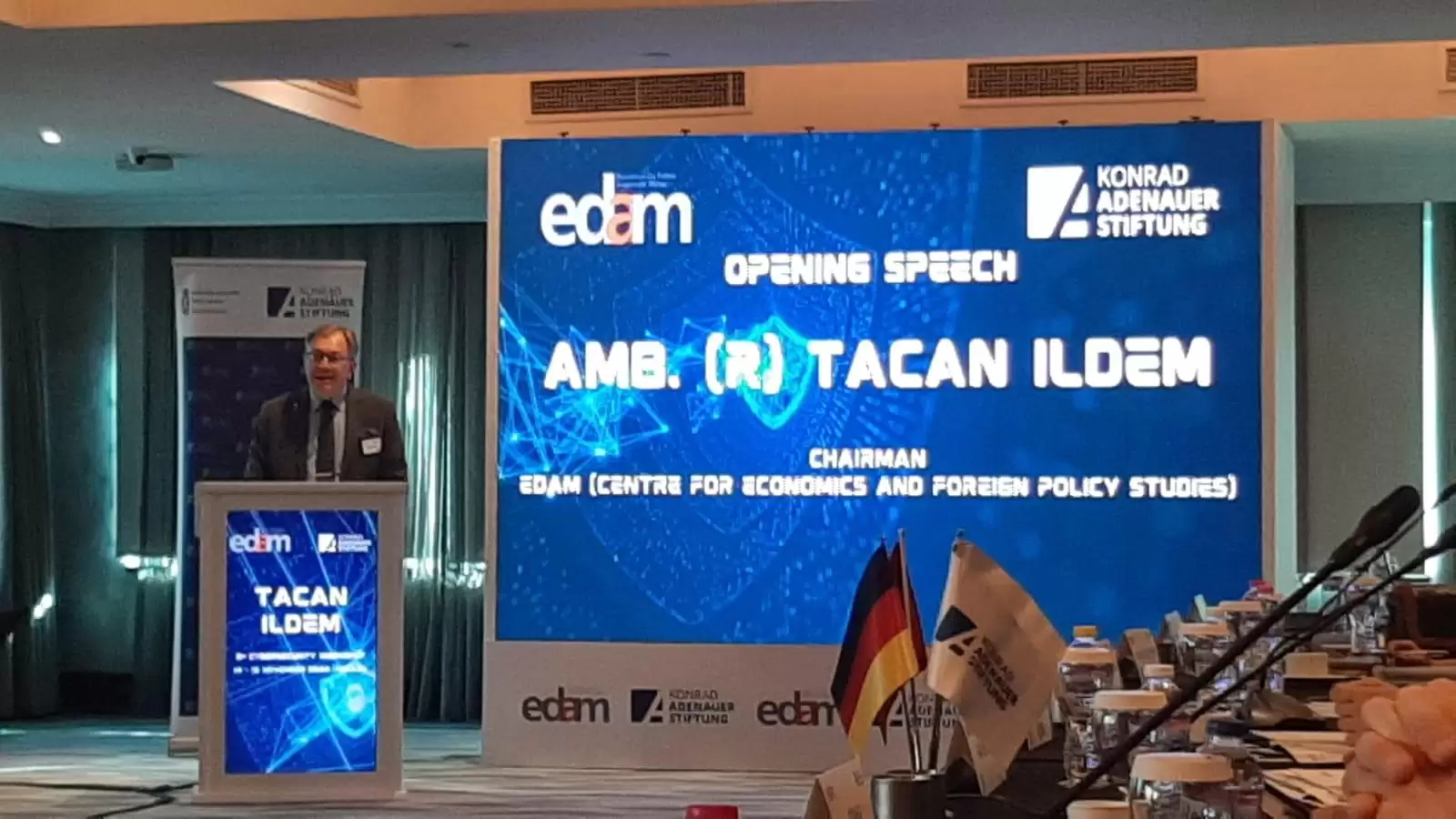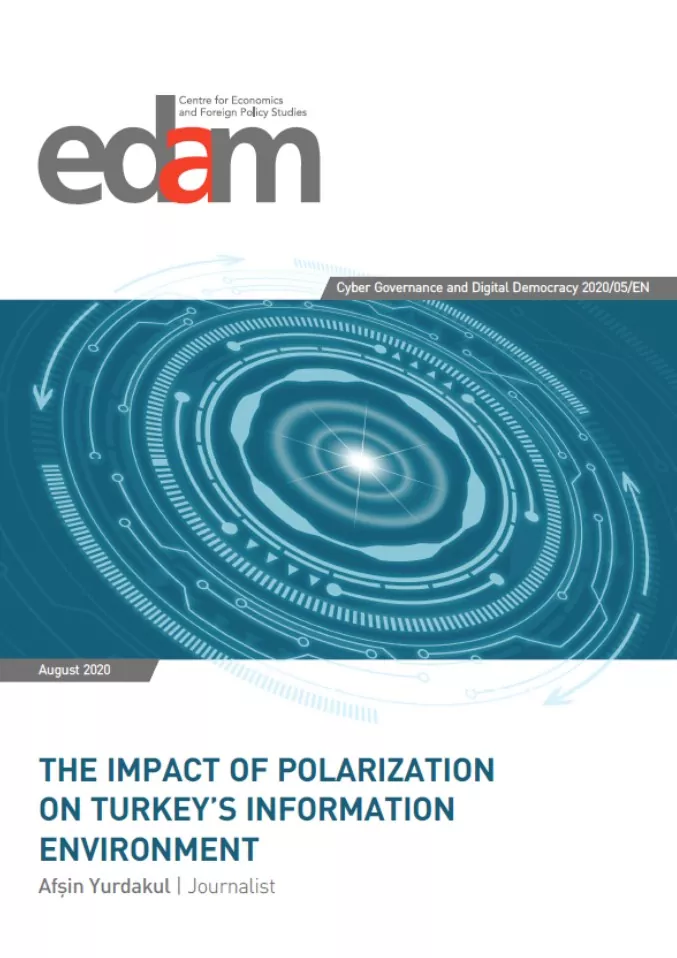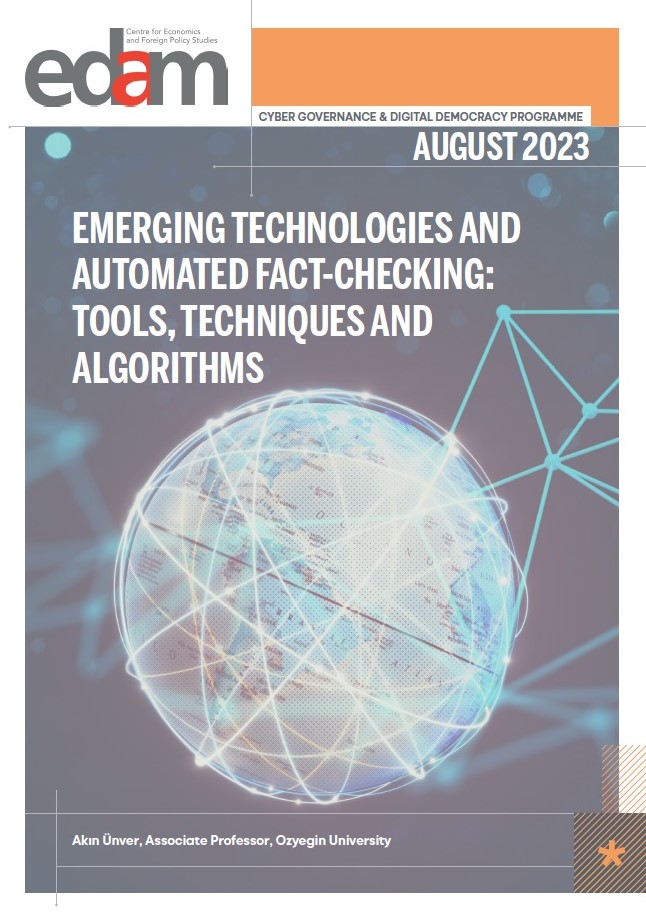
Emerging Technologies and Automated Fact-Checking: Tools, Techniques and Algorithms
INTRODUCTION
With the rise of digital platforms and the exponential growth of online information, fact-checking has undergone a significant transformation, relying heavily on technological advancements. Artificial Intelligence (AI) and Natural Language Processing (NLP) have revolutionized fact-checking processes, enabling the analysis of vast amounts of textual data in real-time. Increasingly more complex algorithms can identify patterns of misinformation, detect misleading claims, and streamline fact-checking efforts, allowing fact-checkers to keep up with the sheer volume of information circulating online. Automated fact-checking tools that are becoming increasingly more popular among fact-checkers often rely on the very technologies that aid in the creation and dissemination of disinformation and information manipulation. These tools use machine learning algorithms to assess the veracity of claims and provide fact-checkers with near-instant results, although the accuracy of most methods have long been imperfect, and defined in terms of confidence intervals. By automating the fact-checking process, these tools promise greater efficiency and scalability, facilitating the dissemination of accurate information to counter falsehoods more effectively.
Blockchain technology has also entered the fact-checking arena, offering a means of enhancing trust and transparency in information verification. By timestamping and securing verified information, blockchain ensures an immutable record of claims and their accuracy. The decentralized nature of blockchain provides an opportunity to counter information manipulation and create a reliable source of truth. Deepfake detection technologies, while originally developed to combat the rise of deepfake content, have found relevance in fact-checking as well. Fact-checkers are increasingly concerned about the use of manipulated audio and video content to deceive audiences, making deepfake detection a crucial component of their toolkit.
Despite the potential benefits of new technologies in fact-checking, debates abound concerning its efficacy, challenges, and potential biases. One major debate revolves around the ability of fact-checkers to keep pace with the rapid spread of misinformation in the digital age. The sheer volume of content generated daily poses significant challenges to fact-checkers, as some false claims can gain traction before they can be thoroughly debunked. Another contentious issue relates to the perceived biases of fact-checkers and fact-checking organizations. Some critics argue that fact-checkers may have their own ideological leanings, potentially influencing their assessments of claims. Debates also emerge regarding the selection of claims to fact-check, as prioritization may inadvertently reflect the fact-checker’s own biases or interests.
The tension between fact-checking and free speech is a persistent debate that lies at the heart of information verification efforts. While fact-checking aims to counter misinformation, some argue that overly aggressive fact-checking may lead to accusations of censorship and infringement on free expression. Striking a balance between countering disinformation and upholding democratic values is a complex challenge faced by fact-checkers. Moreover, the global nature of misinformation and disinformation campaigns raises questions about crossborder collaboration among fact-checkers. With information manipulation often originating from state-sponsored actors spanning multiple countries, collaborative efforts between fact-checking organizations worldwide are vital in effectively combating foreign information interference.
